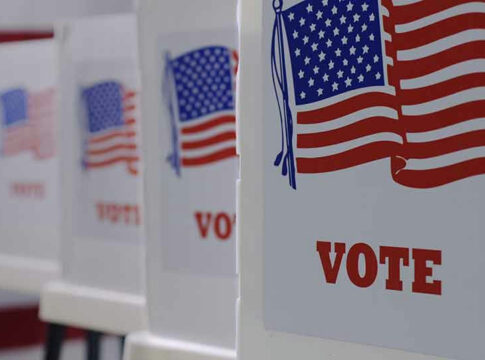Alabama’s exorbitant fees for election records are sparking national outrage, with accusations of illegal practices threatening election transparency.
Alabama’s Record Fees Under Scrutiny
Alabama has become a focal point in the ongoing battle for election transparency due to its exorbitant fees for accessing voter records. The Public Interest Legal Foundation (PILF) argues that these costs are not only excessive but also illegal under the National Voter Registration Act (NVRA). This issue has gained substantial traction, with watchdogs and media outlets emphasizing the potential chilling effect on public oversight. As Alabama stands out as an outlier, the legality of its practices is under the microscope, with significant implications for transparency.
Historically, Alabama’s election administration has faced criticism for restrictive access to records, a situation exacerbated by its decentralized system managed by county officials. The state’s high fees have created financial barriers for journalists, researchers, and watchdogs who seek to hold electoral processes accountable. This has intensified debates over election integrity and transparency, with PILF and similar organizations pushing for legal remedies in line with federal mandates. The lack of post-election audits further amplifies concerns about the state’s commitment to transparency.
Legal and Political Repercussions Loom
The allegations against Alabama have put state officials on the defensive, as they cite administrative costs and security concerns to justify the fees. However, PILF and allied groups remain steadfast in their demand for fee reductions and adherence to the NVRA’s requirements. Despite the mounting pressure, no legislative changes have been made as of September 2025. The possibility of legal action or federal intervention looms if Alabama fails to comply with federal standards, potentially leading to court-ordered changes that could reshape election transparency norms across the country.
The implications of this controversy are profound both in the short and long term. In the immediate future, barriers to public oversight continue to exist, with the potential for increased legal challenges. Over time, a judicial resolution in favor of PILF could establish a precedent, compelling Alabama and other states to reevaluate their election data access policies. This situation underscores the critical need for transparency and accountability in election administration, resonating with conservative values of limited government and individual liberty.
The Broader Impact on Election Oversight
The stakes are high as the outcome of this legal battle could influence national standards for election record access. If Alabama’s practices are deemed unlawful, it may prompt other states to reevaluate their own policies to ensure compliance with federal law. Journalists, researchers, and voters all stand to benefit from increased transparency, fostering greater public trust in electoral processes. However, the financial and legal ramifications for Alabama could be significant, potentially impacting state budgets and shaping future policy debates on election integrity.
As this situation unfolds, it serves as a crucial reminder of the need for vigilance in protecting the principles of transparency and accountability. The actions taken in Alabama will likely reverberate across the nation, highlighting the importance of adhering to established legal standards and ensuring that election processes are open and accessible to the public.
Sources:
Alabama Executive Budget Office

